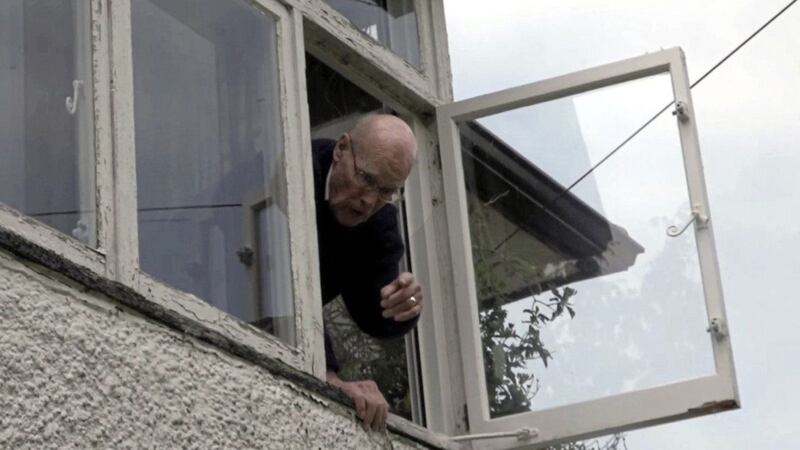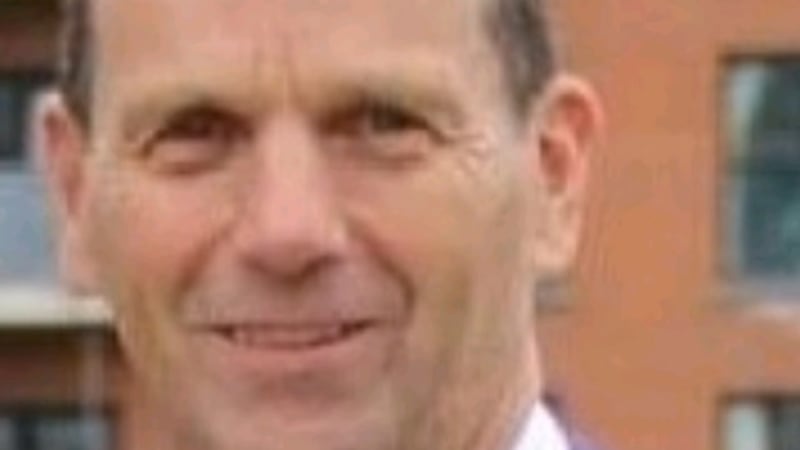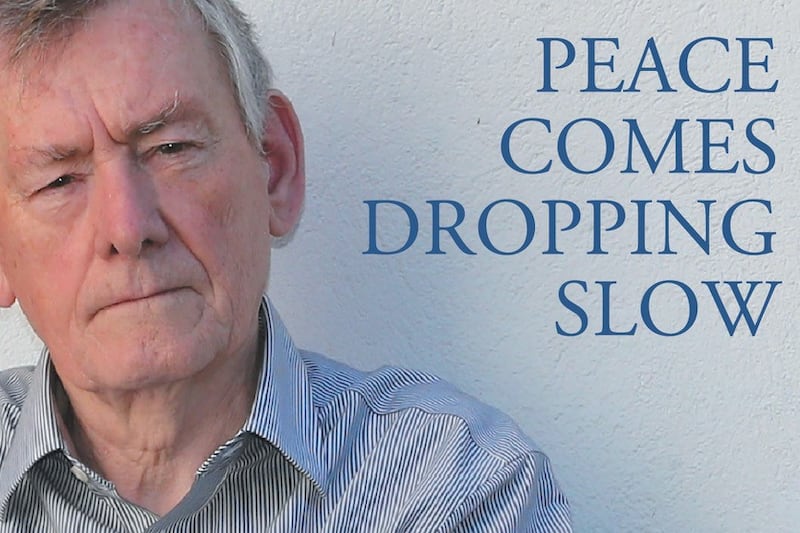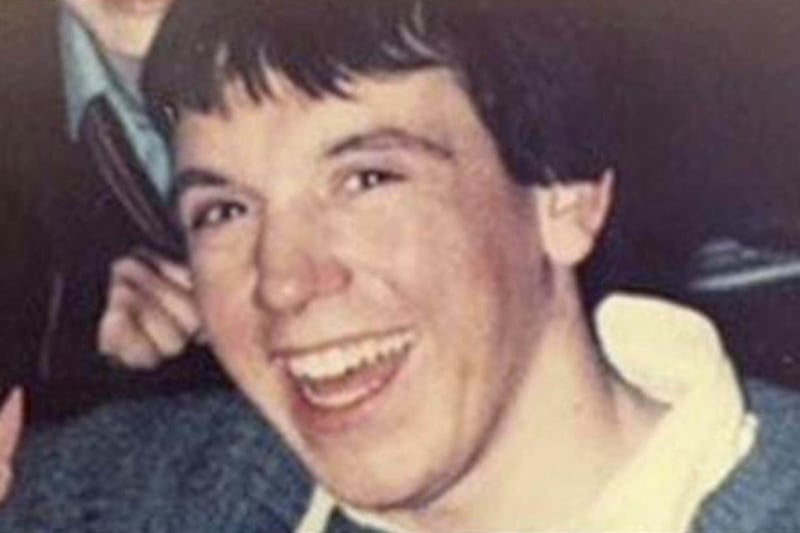A FORMER member of the SAS whose unit was involved in several controversial incidents during the Troubles including the disputed killing of an IRA man, has died.
Lieutenant-Colonel Brian Baty died earlier this year in England but details have only recently emerged.
He was among some of the first members of the regiment to be officially deployed to the north in 1976 and was based in Bessbrook in south Armagh.
The 86-year-old initially signed up with the Argyll and Sutherland Highlanders in 1951 and joined the SAS in 1956.
He retired after 33 years in 1984 and a subsequent recommendation for an MBE was supported by General Frank Kitson.
A controversial figure, Kitson is credited with developing British army policy in the north in the 1970s.
Lieutenant-Colonel Baty's SAS unit was involved in several high profile incidents including the killing of unarmed IRA man Peter Cleary (25) close to the border at Forkhill in south Armagh in April 1976.
He he had been visiting a house owned by the relative of his girlfriend near the border when he was detained by the SAS.
Accounts of how he died differ but he was shot three times shortly after being stripped, searched and taken to an outhouse by troops.
The British army later claimed he was shot trying to escape.
However, family members and many republicans believe he was murdered.
Lieutenant-Colonel Baty, who at the time held the rank of major, is mentioned in a Historical Enquiries Team report as having met with investigating RUC officers at a military base in the days after the shooting.
The following month eight armed SAS men were arrested by gardaí in Co Louth in the days after Seamus Ludlow was shot dead near Dundalk. His family and campaigners believe he was murdered by loyalists and that there may have been British army involvement as well.
Ludlow family solicitor Gavin Booth, of Phoenix Law, said that in the days after the killing a member of Mr Ludow's family was quizzed by the British army in Bessbrook - the same barracks where the SAS were posted.
The eight soldiers were later charged in relation to the Co Louth incursion and during their trial the then Major Baty gave evidence.
There were other disputed incidents along the border around the same time.
Republican Sean McKenna, who took part in the 1980 hunger strike, claimed he was kidnapped from a house in Co Louth by British soldiers before being taken to Bessbrook for questioning in March 1976.
After leaving the north Lieutenant-Colonel Baty was involved in training British soldiers in covert operations in the north.
It is believed this included the 14th intelligence company, which was closely linked to the SAS, and believed to have been involved in several shoot to kill operations against republicans in 1980s.
On retirement from the British army he became involved in Keenie Meenie Services (KMS) - a private military contractor made up of former British soldiers, who many view as mercenaries.
Phil Miller, a journalist with Declassified UK and author of 'Keenie Meenie: The British Mercenaries Who Got Away With War Crimes', said Lieutenant-Colonel Baty was trusted by the British army top brass.
“He was recognised by Frank Kitson and that shows the kind of circles he was moving in and the kind of people he was impressing,” he said.








